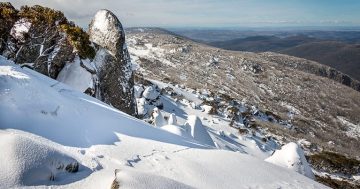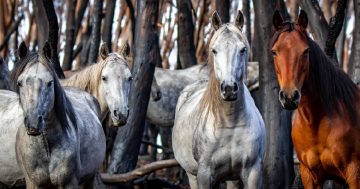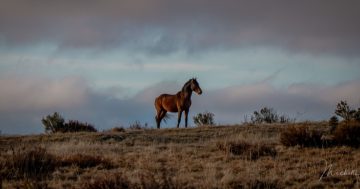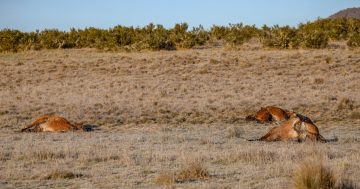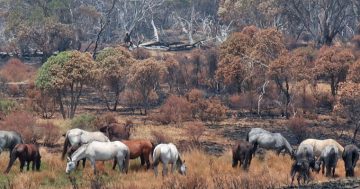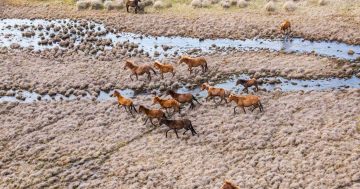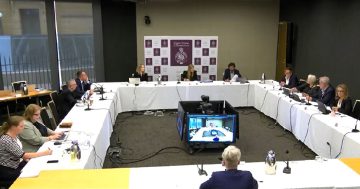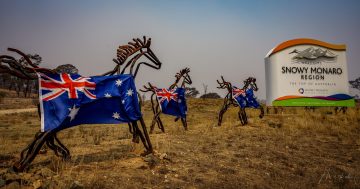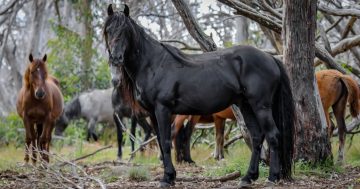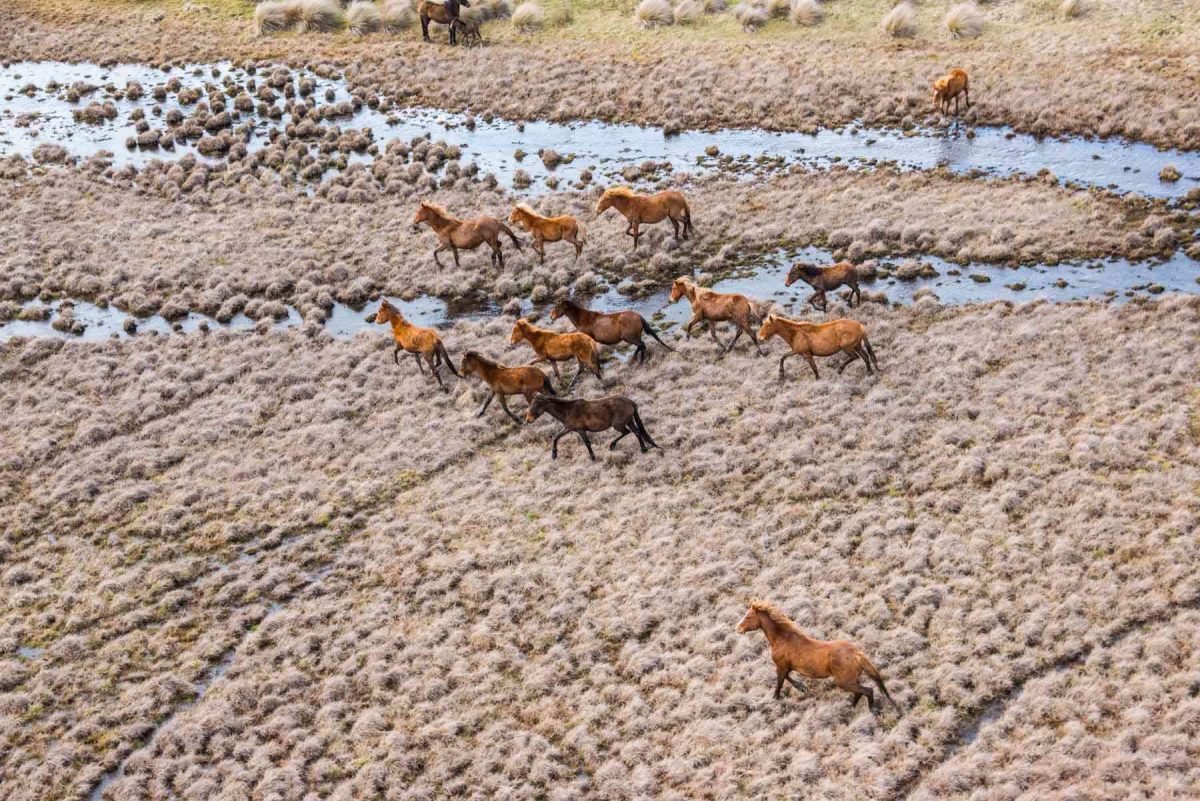
The Federal Government’s response to the eight-month Senate inquiry into the ‘Impacts and Management of Feral Horses in the Australian Alps’ has now been released. Image: Invasive Species Council.
Federal Environment Minister Tanya Plibersek has flagged that the Federal Government may intervene to ensure a zero-tolerance approach to feral horses in Kosciuszko National Park (KNP) if the environmental impacts remain too high.
The warning to the NSW Government is contained in the recently released Federal Government’s response to the eight-month Senate inquiry into the ‘Impacts and Management of Feral Horses in the Australian Alps’.
The aim of the Senate inquiry was five-fold and included identification of environmental impacts of the wild horses across the ACT, NSW and Victoria alpine region as well as best practice population reduction approaches; evaluation of Commonwealth responsibilities; examination of state and territory government control programs and what measures are required to repair and restore native habitats impacted by horses and other feral species.
A report from that inquiry contained 14 recommendations, a further nine dissenting recommendations from Coalition senators and four from independent ACT senator David Pocock.
Ms Plibersek says if the current NSW Government plan to reduce wild horse numbers to 3000 by 2027 turned out to be “insufficient to avoid further irreversible damage” then the Australian Government would seek a further reduction and would “support a zero-tolerance approach, such as that currently employed by the ACT”.
Under the KNP Wild Horse Heritage Management Plan (KNP WHHMP), horses associated with past historical periods, events and persons will be permitted in sustainable numbers in retention areas, which form 32 per cent of the park.
The most recent government survey of wild horse numbers found there are currently an estimated 17,393 horses in KNP. These are now being reduced through various control programs, including aerial shooting, which numbered among the Senate recommendations and was implemented through an amendment to the KNP WHHMP by NSW Environment Minister Penny Sharpe in October 2023.
In the Senate inquiry response, Ms Plibersek has also committed to approaching the Threatened Species Scientific Committee (TSSC) requesting “habitat degradation, competition and disease transmission by feral horses is prioritised for its consideration” as a Key Threatening Process under federal environmental law.
Based on other Senate inquiry recommendations, the Murray Darling Basin Authority (MDBA) has undertaken to consult with states and the territory to develop a work program and identify opportunities within existing catchment monitoring programs to better understand the impact of feral horses on water quality and erosion.
The Australian Government has also agreed to take a lead role in encouraging cooperation between the NSW, Victorian and ACT governments with their management plans across the alpine region through the reestablished Australian Alps Ministerial Council.
Critically endangered species including the Stocky Galaxias and Southern Corroboree Frog were singled out for additional federal funding to augment state and territory protection and recovery efforts.
The Department of Climate Change, Energy, the Environment and Water will investigate whether the Centre for Invasive Species Solutions (CISS) is able to include feral horses in the FeralScan platform – a community pest animal reporting and management tool which allows users to record pest animal activity to protect farms, biodiversity and communities.
Indigenous representation on the Australian Alps Liaison Committee will also be sought and collective commitment was given to the safety and wellbeing of staff working in NSW, ACT and Victoria national parks roles.
There was no agreement on dissenting recommendations, which included further studies of population count methodologies, evaluation studies of the positive and negative impacts of wild horses or alternative population control methods.
Invasive Species Council Advocacy Director Jack Gough said Minister Plibersek’s commitment to ask the TTSSC to prioritise the listing of feral horses as a Key Threatening Process under federal environmental law was very welcome.
“In addition to the Australian Alps, we know that feral horses are also trashing and trampling world heritage places like the Blue Mountains and Kakadu,” he said.
“Recognising the environmental threat they pose under federal law is an important step towards greater focus and funding.”
Mr Gough said it was disappointing Federal Government had still not committed increased funding to the issue of feral horse management in the national heritage listed landscape.
Original Article published by Edwina Mason on About Regional.












